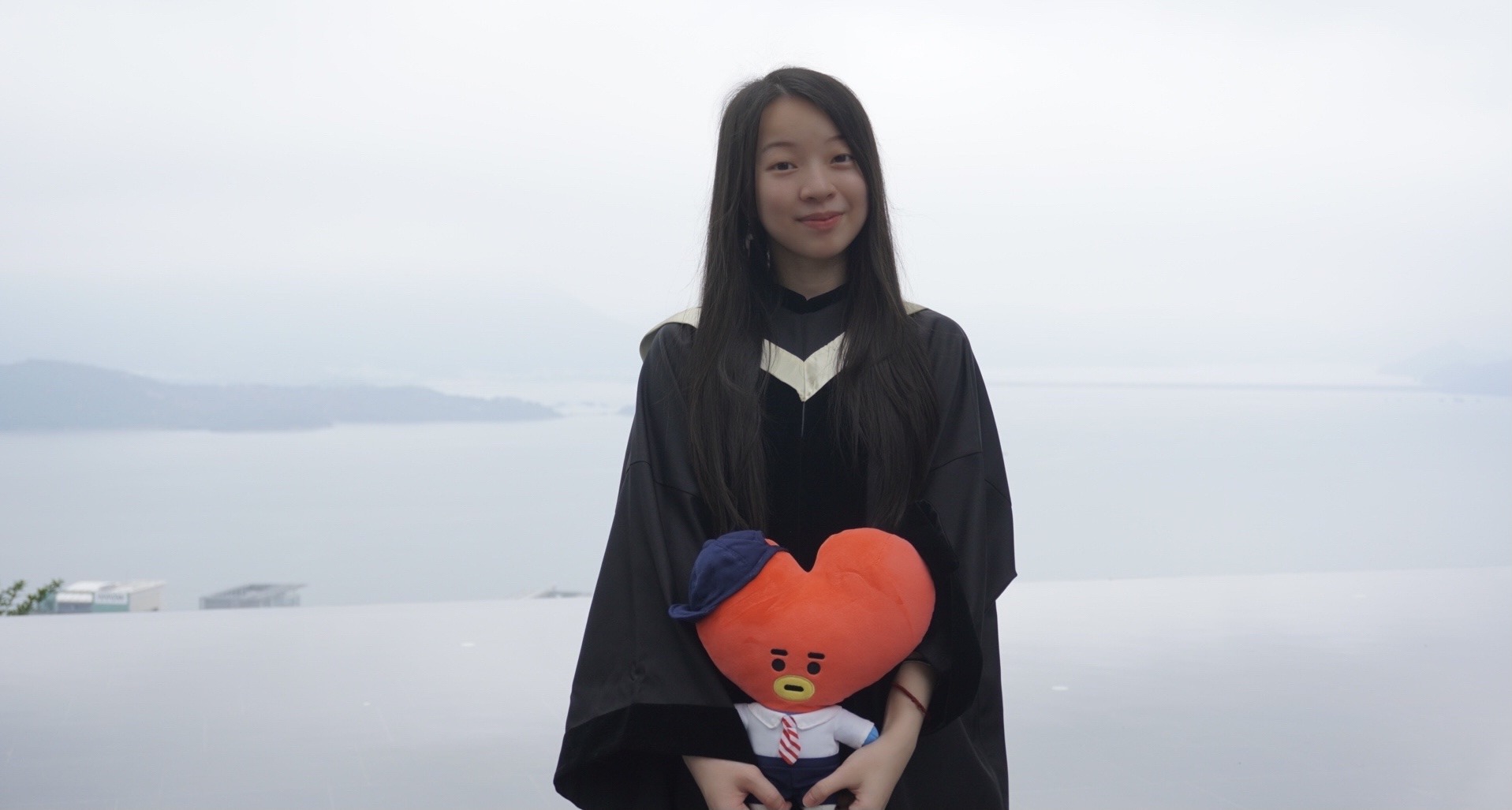
Chan Hiu Wai Kiana
2020-21 Term 2
Pragmatic Competence of Hong Kong EFL Learners: Politeness in Production and Perception of Requests and Refusals
Supervisor:
Abstract
Requests and refusals are widely acknowledged challenging speech acts realized even in native interactions owing to their intrinsic nature of face threatening. It is therefore conceivable that producing such social responses would be an arduous task for foreign language learners. Notwithstanding English as one of the official languages in Hong Kong and the constant emphasis from local curriculum on the significance of language-learning in authentic context, barely have any attempts been made to investigate the pragmatic competence of HK EFL learners for evaluating such education guideline.
With a discourse-completion task and a survey served as the instruments to elicit quantitative data, the present study set out to examine the politeness of HK Secondary Six EFL learners in production and perception of requests and refusals under two major sociopragmatic variables: social distance and social status. Results were analyzed with reference to Brown and Levinson’s (1987) politeness theory, which proposes four types of politeness strategies, namely bald on-record, positive politeness, negative politeness and off-record strategy. Findings revealed that intermediate learners had a nonselective application of direct strategy which could pose threats to both positive and negative face of interlocutors, while advanced learners manifested conventional indirectness in general. Plausible explanation is the insufficient coverage of certain topics in schools. The paper thus demands educational adjustment in relevant aspects in the hope of improving learners’ pragmatic performance.
Reflection
As an English major who has been exploring the second language teaching world with the aid of the Department’s courses, I am delighted that I have developed a more profound knowledge in the field through this capstone project. This research enables me to identify an inadequacy of the current education system, consequently allowing me to be aware of the pertinent pedagogical implications, which in itself is already a reward to me.
I am honoured to be nominated for the exemplary award and would like to express my heartfelt gratitude to my supervisor, Professor Jookyoung Jung, for giving many insightful and invaluable comments so promptly whenever I needed guidance. Without her instruction, this paper would not have been possible.






